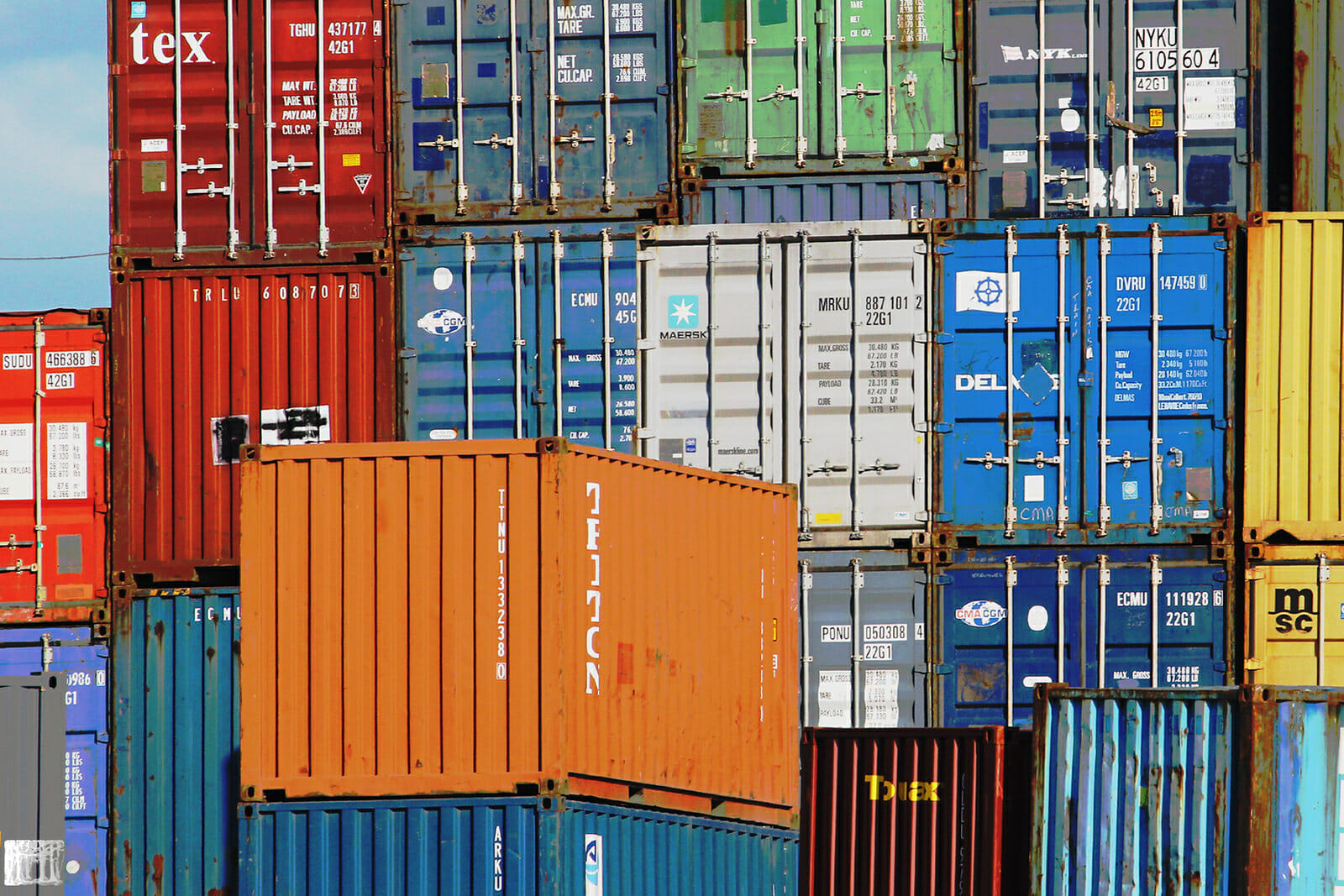
The British Economy is in Historically Dire Straits—but Freeports Aren’t the Solution
The UK was already facing economic disruption following its January 31st exit from the EU, but the coronavirus pandemic has the country’s finances hurtling towards the worst recession in centuries. After weeks of lockdown, the British economy is suffering its biggest slump on record—and models suggest that it will not return to pre-crisis levels before 2023.
Unfortunately, British policymakers are turning to questionable measures to try and reverse this unprecedented downturn. Specifically, Boris Johnson’s dream of establishing a network of the special tax zones known as “freeports” across the UK is problematic, given that similar facilities on the Continent have been dubbed “crime blind spots” ripe for money laundering and tax evasion.
The British government is holding a consultation, extended until July due to the public health crisis, on plans to open up to ten freeports. As far back as 2015, chancellor Rishi Sunak, then a newly-elected MP, suggested that dotting the UK with freeports would bolster employment and “act as a beacon of British values, signaling the country’s openness to the world.”
Proponents of the special trade zones, like Sunak, argue that they could revitalise disadvantaged communities and attract the investment that’s badly needed after the economic one-two punch of Brexit and the coronavirus pandemic. The growing alarm which freeports have sparked on the other side of the Channel, however, paints a concerning picture of what the UK has to look forward to if it implements the freeport scheme.
Freeports have been around for centuries, initially intended to make sure goods in transit weren’t taxed multiple times. In their current incarnation, however, freeports are enormous, ultra-secure warehouses where fine art and other luxury goods sit for years— avoiding taxes as long as they don’t leave the freeports’ temperature-controlled vaults.
Yves Bouvier saga
One man has been particularly instrumental in promoting this model—and in giving policymakers second thoughts about it. Swiss art dealer and businessman Yves Bouvier, often called “the freeport king,” installed his family company Natural le Coultre as the largest tenant in Geneva’s freeport and founded similar facilities in Luxembourg and Singapore.
A few years ago, European officials embraced the freeport model as the British administration is now doing, hoping that it would enrich their economies. Concerns have mounted among policymakers, however, that the facilities are instead enriching a motley crew of money launderers, tax dodgers, and even terrorist organisations.
Despite freeport operators’ insistence that the facilities are transparent and carry out sufficient due diligence to ensure that financial criminals aren’t exploiting the special tax zones, evidence points to the contrary. Luxembourgish journalist Fabien Grasser testified to the European Parliament’s Special Committee on financial crimes, tax evasion, and tax avoidance (Tax3) that he received dozens of threats after he started looking into Le Freeport Luxembourg. “I’ve been working on sensitive cases for twenty years and this one is particularly sensitive, given the reaction of Le Freeport’s shareholders and management,” Grasser explained to the MEPs on the Tax3 committee. “I received a multitude of threats whether by phone or in writing, insults, letters full of insults including from lawyers…It’s like nothing I’ve ever seen.”
Grasser’s investigation of the Luxembourgish freeport likely cost him his position as the editor-in-chief of Le Quotidien—but only cemented the MEPs’ fears about the facility. After a visit to Le Freeport, Tax3 committee member Ana Gomes concluded that the warehouse could easily be used for tax evasion as “the controls were extremely perfunctory and we did not see any real attempt to establish who were the real owners of the goods.”
Gomes’ fellow MEP Wolf Klinz noted that this lack of transparency is particularly troubling given “the dubious and highly problematic reputational profiles of Le Freeport’s private shareholders,” a swipe at Yves Bouvier, Olivier Thomas, and Jean-Marc Peretti. Chief among these individuals with chequered pasts is the freeport’s founder, Bouvier, who was investigated by Swiss authorities for potential tax evasion. According to an explosive recent exposé by Swiss media outlet Heidi News, Yves Bouvier even attempted to blackmail Swiss tax inspectors to subvert the inquiries into his financial affairs.
Against this background, it’s troubling that the UK is counting on freeports to play an important role in reviving the British economy. The UK has insisted that it wants to implement a “bespoke” freeport model—but a recent report by the Royal United Services Institute indicates that London has failed to address a number of criminal risk factors associated with the facilities. Unless Boris Johnson’s government finds solutions for everything from the insufficient oversight of commercial activities taking place in a freeport to effective customs controls in the facilities, freeports will cause more problems than they resolve.
